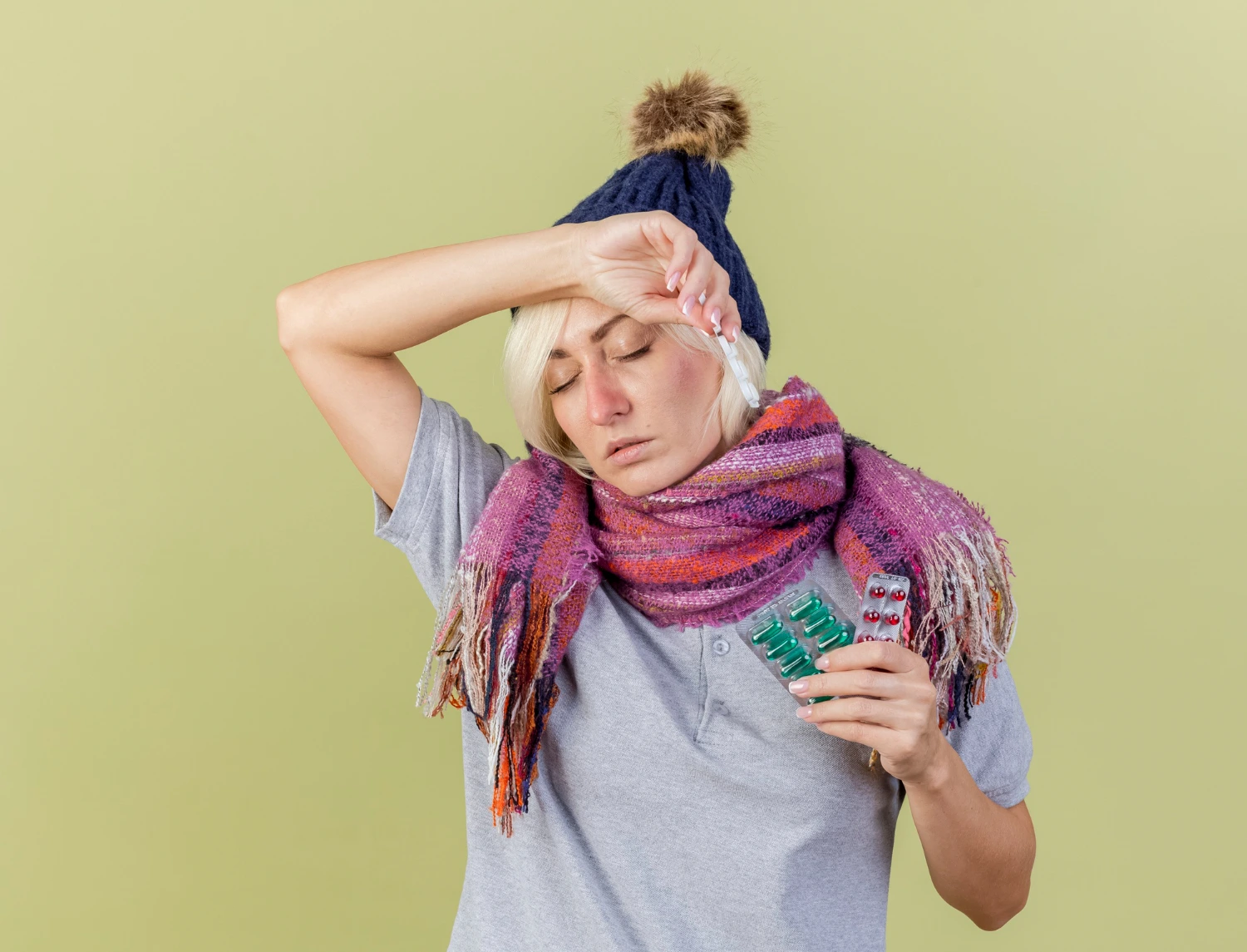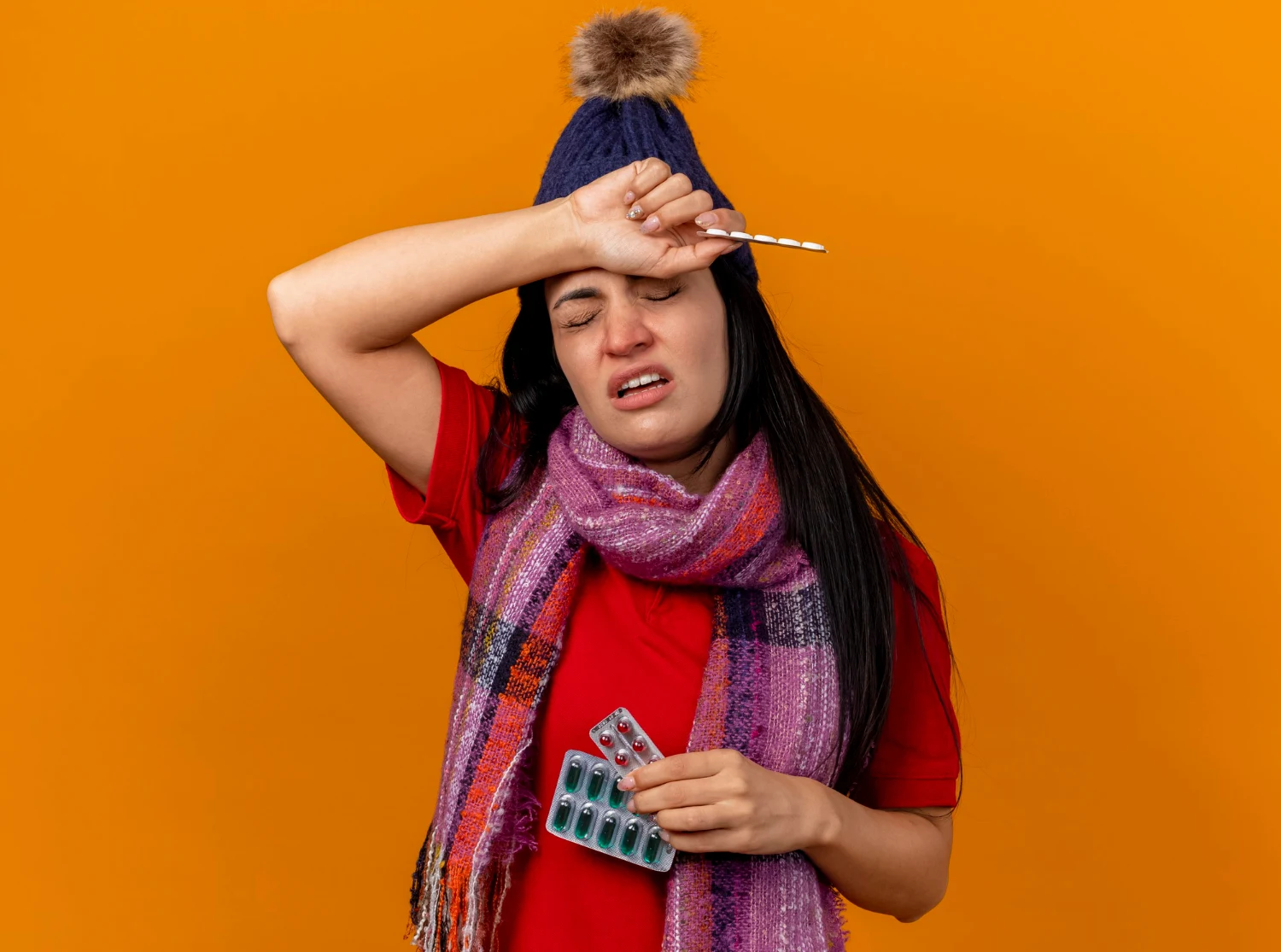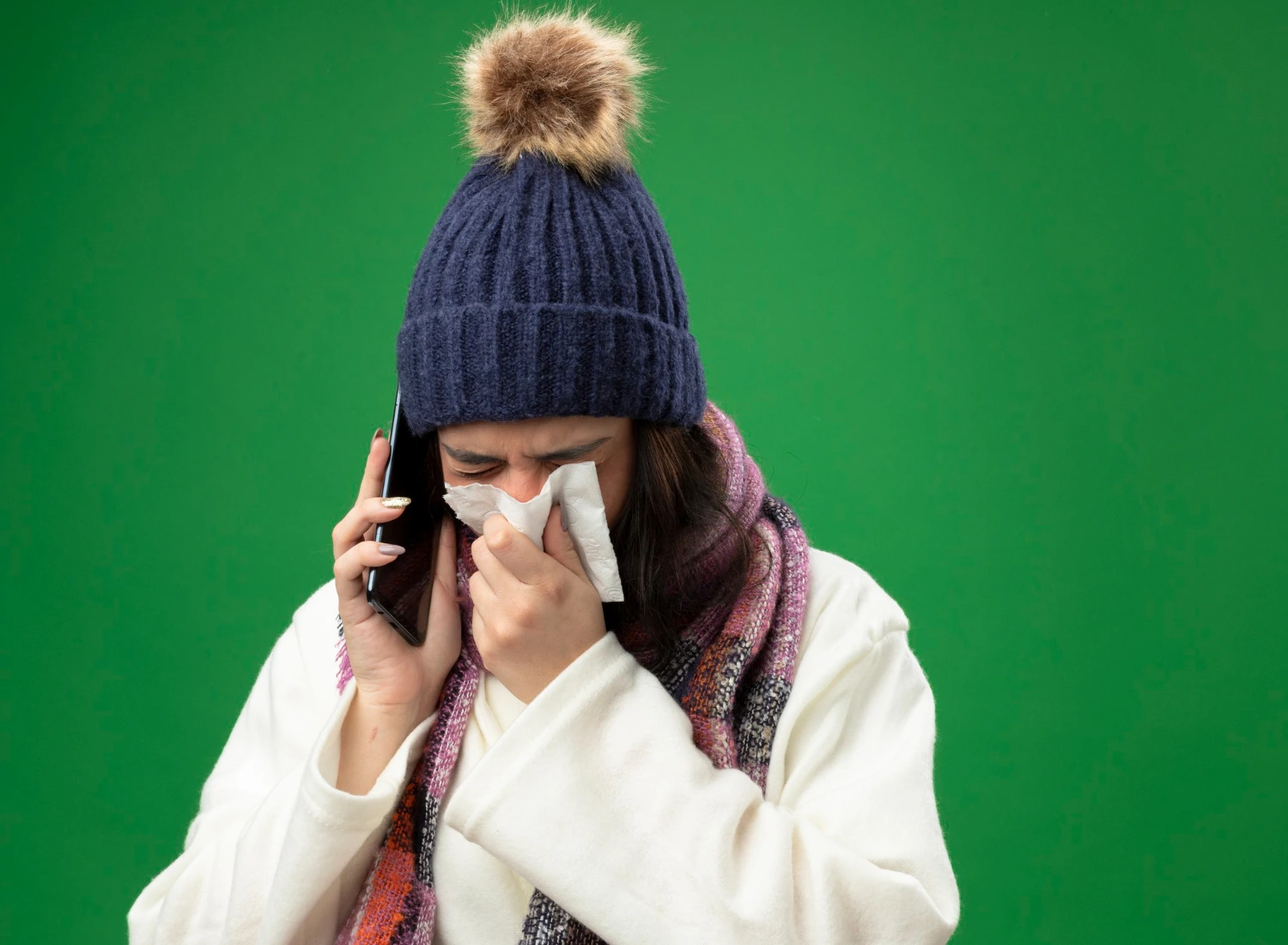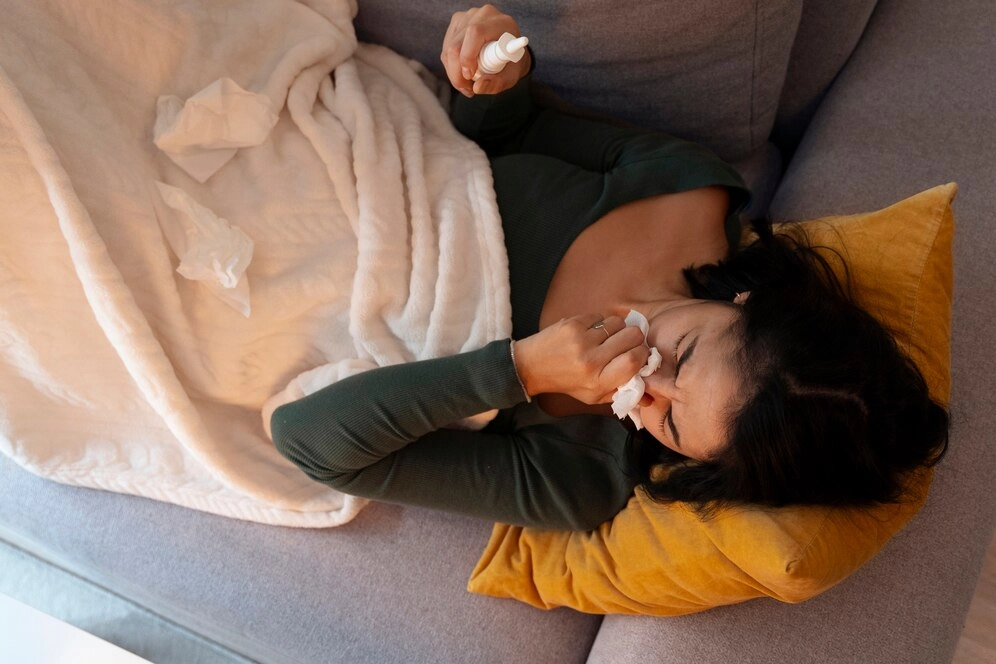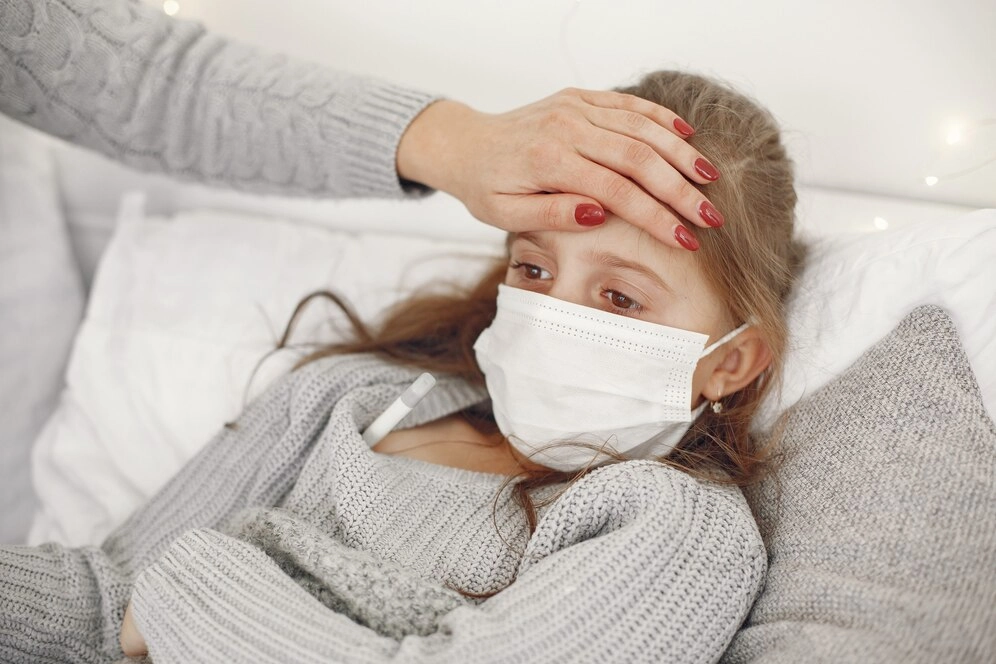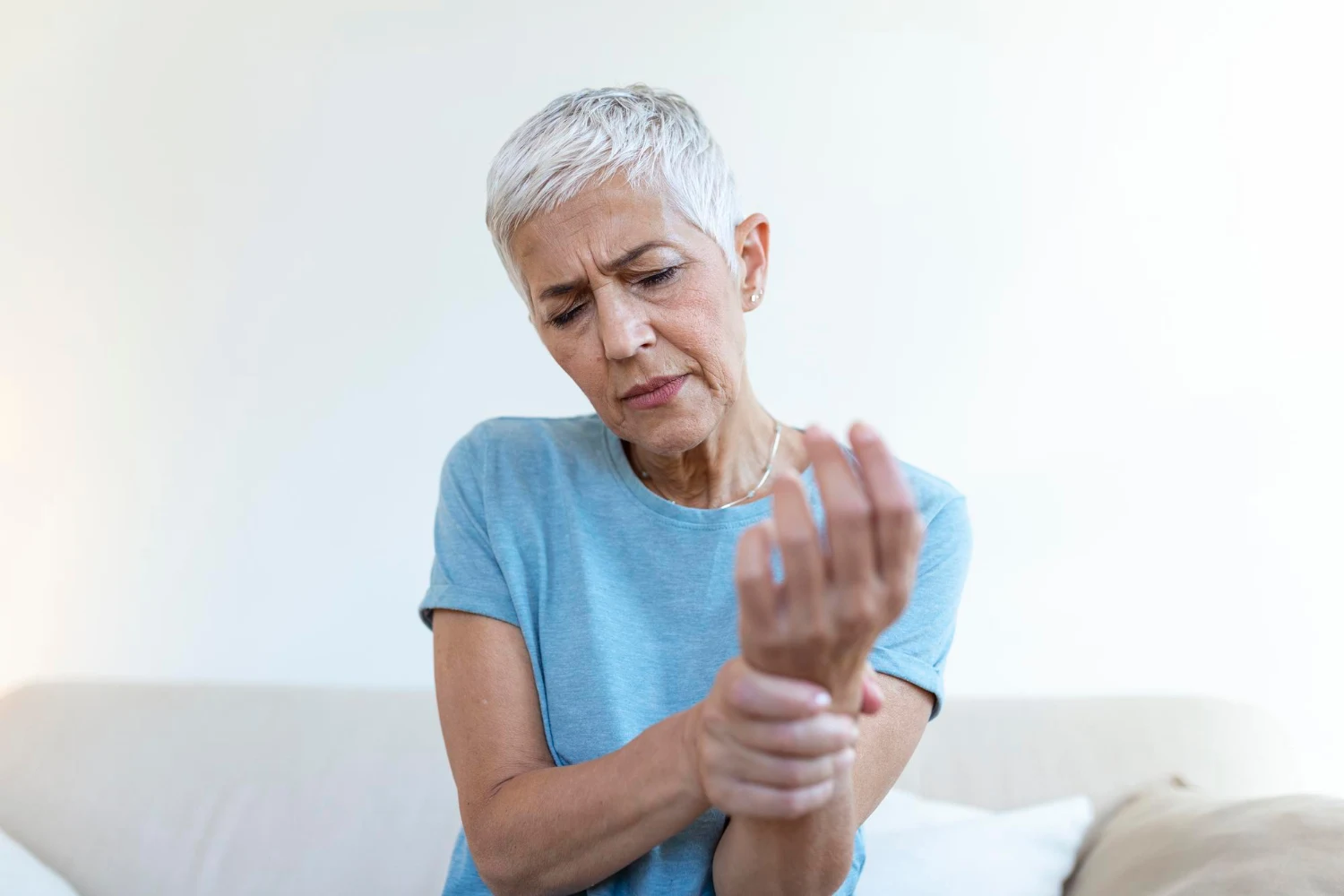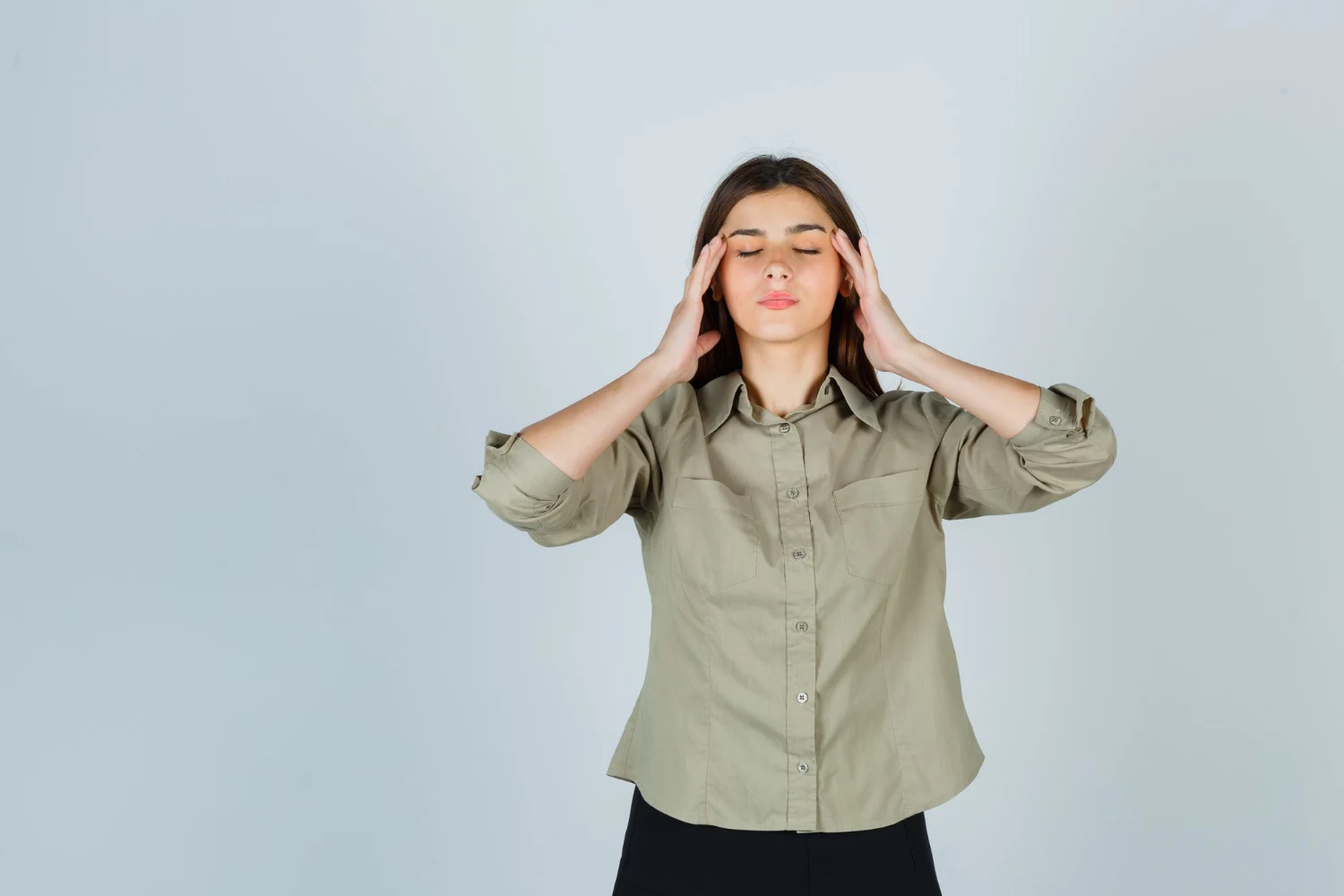Preventing Dengue, Malaria, and Leptospirosis During the Rains
Category: General medicine
Monsoon brings much-needed relief from summer, but it also creates the perfect environment for diseases like dengue, malaria, and leptospirosis to spread. Heavy rains, waterlogging, and humidity become breeding grounds for mosquitoes and bacteria. While these diseases can be serious, the good news is that most of them are preventable with simple steps. By keeping your surroundings clean, maintaining good hygiene, and taking basic precautions, you can protect yourself and your family throughout the season.
Understanding the Risks
Rainy season means an increase in water accumulation around homes, roads, and open spaces. This stagnant water becomes a breeding ground for mosquitoes that carry dengue and malaria. Leptospirosis, on the other hand, spreads when floodwater or dirty water contaminated by animal waste comes in contact with skin. These diseases thrive during monsoon due to the perfect mix of standing water, humidity, and frequent human exposure. Understanding the way these diseases spread helps in taking timely preventive measures. Prevention starts with awareness and small habits can make a big difference in staying healthy.
Preventing Dengue
Dengue is caused by the bite of the Aedes aegypti mosquito, which breeds in clean water. Preventing dengue is all about stopping mosquito breeding and protecting yourself from bites. Empty and scrub water containers like buckets, pots, and flower vases every week. Keep water tanks tightly closed. Use mosquito repellents on exposed skin, especially in early morning and late evening hours when these mosquitoes are most active. Wear full-sleeved clothes and keep doors and windows covered with mesh. The less access mosquitoes have to clean water and to your skin, the lower your risk of dengue.
Preventing Malaria
Malaria spreads through the bite of the Anopheles mosquito, which prefers breeding in dirty or stagnant water. To prevent malaria, it’s important to keep drains, potholes, and low-lying areas around your home clean and free of standing water. Use mosquito repellents or coils inside the house, especially at night. Sleeping under a mosquito net adds an extra layer of protection. Installing mesh on windows and doors helps keep mosquitoes outside. Taking these steps reduces the chances of mosquito bites and keeps you and your family safe from malaria during the rainy months.
Preventing Leptospirosis
Leptospirosis is a bacterial infection that spreads when humans come into contact with water contaminated by the urine of infected animals, particularly rats. It often occurs during floods when people walk through dirty water. To prevent leptospirosis, avoid wading through floodwater whenever possible. If unavoidable, wear protective rubber boots to avoid direct contact. Always keep cuts and wounds covered with waterproof dressings. Wash feet and hands thoroughly after exposure to muddy or stagnant water. Good hygiene and protective measures are key to keeping leptospirosis away during the monsoon season.
Food and Water Safety
Diseases aren’t just spread by mosquitoes and floodwater; contaminated food and water are also major risks in the monsoon. Drink only boiled, filtered, or bottled water. Avoid drinking water directly from taps unless it has been purified. Street food, especially cut fruits and raw salads, should be avoided as they may be washed with unsafe water. Eat freshly cooked food at home whenever possible. Wash vegetables and fruits thoroughly before eating. These precautions reduce the risk of stomach infections and waterborne diseases during the rainy season.
Strengthening Immunity
A healthy immune system can fight infections more effectively. During the rains, focus on building your body’s resistance. Eat a balanced diet that includes fresh vegetables, fruits rich in Vitamin C, proteins, and whole grains. Stay hydrated with clean, safe water. Sleep for at least 7–8 hours a day to allow your body to recover and build immunity. Gentle exercise like walking or yoga can also help keep your body active. A strong immune system acts as a natural defense against seasonal infections like dengue, malaria, and leptospirosis.
When to Seek Medical Help
Early detection and treatment of monsoon-related diseases are essential to avoid complications. Watch out for warning signs like high fever, severe headache, joint or muscle pain, extreme fatigue, vomiting, or yellowing of skin and eyes. If you notice these symptoms, visit a doctor immediately. Hospitals like Lokmanya Hospitals are equipped with experienced doctors, laboratory facilities, and treatment plans to handle seasonal illnesses effectively. Delaying treatment can lead to complications, so timely medical care is the safest choice during the monsoon.
Conclusion
The rains bring freshness and relief, but they also bring health challenges that can’t be ignored. With a few simple precautions keeping your surroundings clean, avoiding stagnant water, practicing good hygiene, and staying alert to early symptoms you can greatly reduce the risk of dengue, malaria, and leptospirosis. Timely medical attention plays a key role in preventing complications. By staying cautious and seeking expert care when needed, you and your family can enjoy the monsoon season safely and healthily.
FAQs
- What is the best way to prevent dengue?
The best way to prevent dengue is to stop mosquito breeding and avoid bites. Empty water containers weekly, cover water storage, use mosquito repellents, and wear full-sleeved clothes. Keeping your home and surroundings clean reduces the risk greatly.
- Can malaria be treated at home?
Malaria should never be treated at home. It requires proper medical diagnosis and medication. Self-medication can be dangerous and lead to complications. Visiting a doctor ensures you get the correct treatment and recover safely.
- How is leptospirosis contracted?
Leptospirosis spreads when humans come in contact with water or soil contaminated by the urine of infected animals. This happens most often during floods. Protective footwear and avoiding direct water contact are important preventive measures.
- What foods should I avoid during monsoon?
Avoid roadside food, especially raw salads, cut fruits, and uncooked vegetables. Eat freshly cooked food and drink boiled or filtered water. This helps prevent stomach infections and food poisoning during the rainy season.
- Is mosquito fogging effective?
Mosquito fogging is effective in reducing mosquito populations temporarily. However, it must be combined with preventive measures like removing stagnant water, using repellents, and keeping surroundings clean for long-term results.
- Can dengue occur without a mosquito bite?
No, dengue spreads only through the bite of an infected Aedes aegypti mosquito. There is no direct person-to-person spread. Protecting yourself from mosquito bites is the only way to prevent dengue.
- What are early symptoms of malaria?
Malaria symptoms include high fever, chills, sweating, headache, and body pain. If you notice these symptoms during the monsoon, seek medical attention immediately for timely treatment.
- Can pets spread leptospirosis?
Yes, infected pets can spread leptospirosis through their urine. Regular vet checkups, vaccination for pets, and proper hygiene can reduce this risk for pet owners.
- How to stay safe in flood-prone areas?
Wear waterproof boots, avoid wading through dirty water, and keep any cuts or wounds covered. Washing feet and hands thoroughly after contact with floodwater is also important to avoid infections.
- Which doctor should I consult for these diseases?
You can consult a general physician for initial diagnosis. If needed, you may be referred to a specialist. Hospitals like Lokmanya Hospitals have experienced doctors to handle seasonal diseases effectively.

